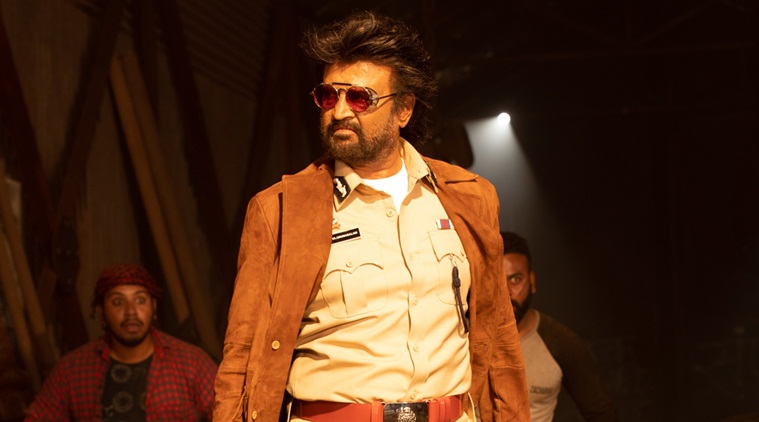 Darbar said to have been made on a budget of Rs 200 crore, has incurred a 30% loss in Tamil Nadu.
Darbar said to have been made on a budget of Rs 200 crore, has incurred a 30% loss in Tamil Nadu.
Darbar, which hit the screens on January 9, has reportedly incurred heavy losses—despite being a solo festival release—and distributors are looking for compensation from Rajinikanth. The AR Murugadoss-directorial was released in more than 4,000 screens across the country for Pongal this year. Recently, the distributors of Darbar were stopped by the police at Superstar’s Poes Garden residence as they didn’t have permission to meet the actor. Now, it looks like they would go on a hunger strike.
A distributor, who doesn’t want to be named, demands the immediate intervention of Rajinikanth. “Otherwise, we have no option, but to go ahead with the hunger protest.” He adds, “I am extremely upset. We chose to distribute Darbar only on a goodwill basis, but the film flopped. We want Rajini sir to compensate for a fair share of the losses.”
A city-based theatre owner, tells indianexpress.com, “Darbar didn’t do well as expected, but nobody wants to admit the truth. For the first two days, we had a decent crowd, but slowly, it kept deteriorating.” After a pause, he heaps praise on Rajinikanth. “Normally, the success rate of Rajini sir’s films are high. I am not sure if he will intervene in this, but he had compensated for the loss of Baba and Lingaa, which is a nice gesture. We don’t see A-listers do this quite often.”
Darbar said to have been made on a budget of Rs 200 crore, has incurred a 30% loss in Tamil Nadu. Unconfirmed reports suggest that the film was sold at Rs 60 crore, and has made only Rs 40 crore at the Tamil Nadu box-office.
Entertainment industry tracker-columnist Sreedhar Pillai, points out, “Normally, Rajinikanth movies do a business of 1 million dollars in the international market, but the content of Darbar was weak. It was bought for high rates, which seemed unreasonable at that point. On the other hand, Mahesh Babu’s Sarileru Neekevvaru and Allu Arjun’s Ala Vaikunthapurramloo, which were released after the Rajinikanth-starrer, made massive profits. It shows today’s population is more receptive towards younger heroes.”
Another industry source cites the production and distribution model as the reason for a star film’s failure. He rues, “More than 70% of the budget becomes a hero’s salary. This scenario has to change. During the 60s and 70s, MGR would compensate losses to producers and distributors, and this has set a bad precedent. If distributors felt the price of the movie was high, why would they buy it?” Sreedhar Pillai concurs. He adds, “The best thing about Bollywood is that they hardly make losses. Even if it is a failure film, say, the losses would be somewhere between Rs 3 and 4 crore. There is more transparency in the way the business is done. A star should see how his films perform and then take the money.”
Follow us on Telegram for the latest Entertainment news